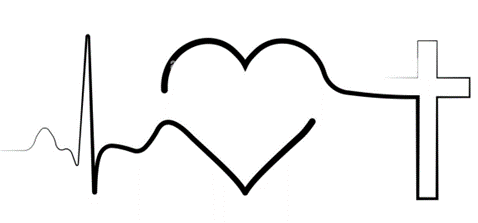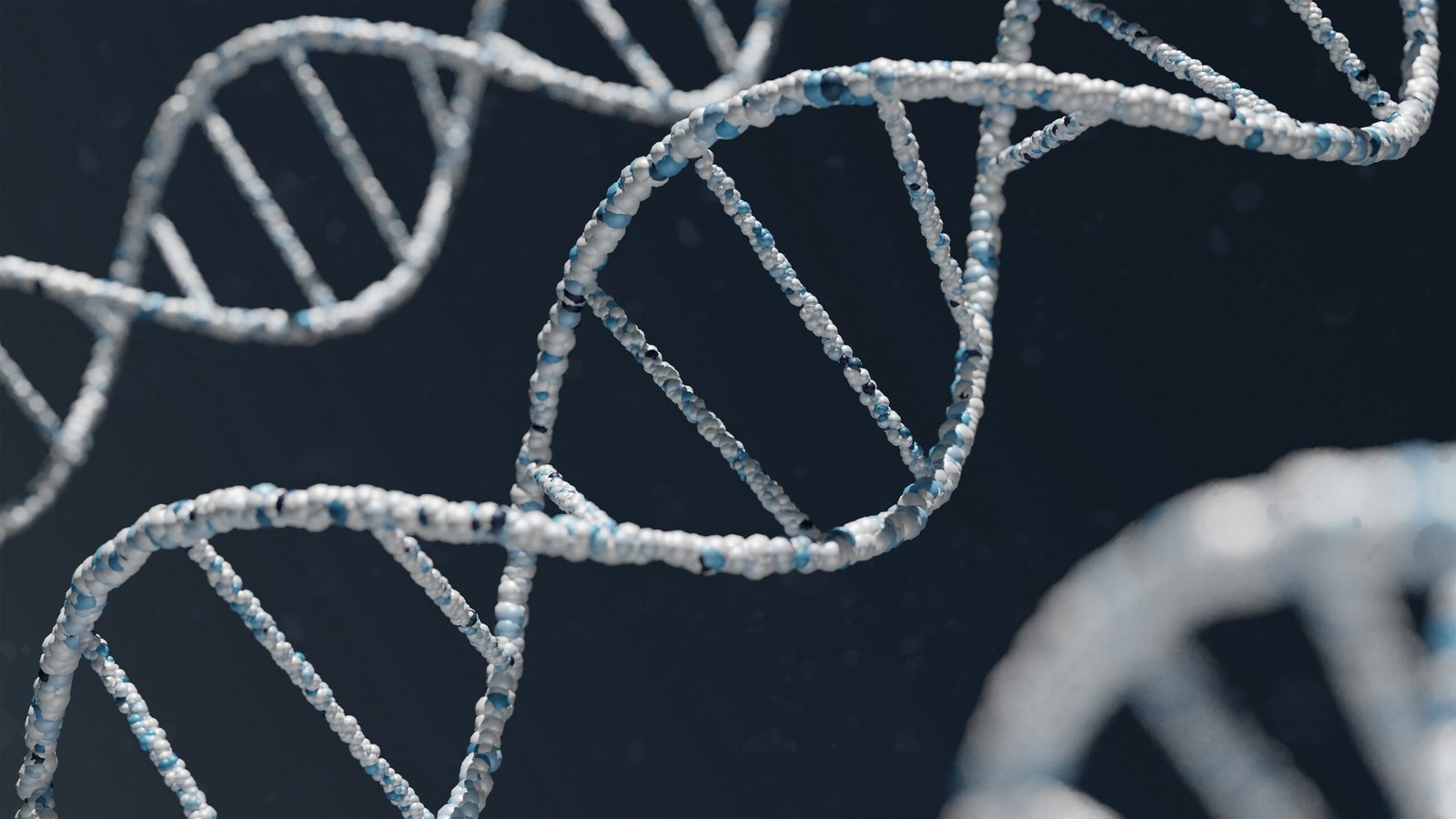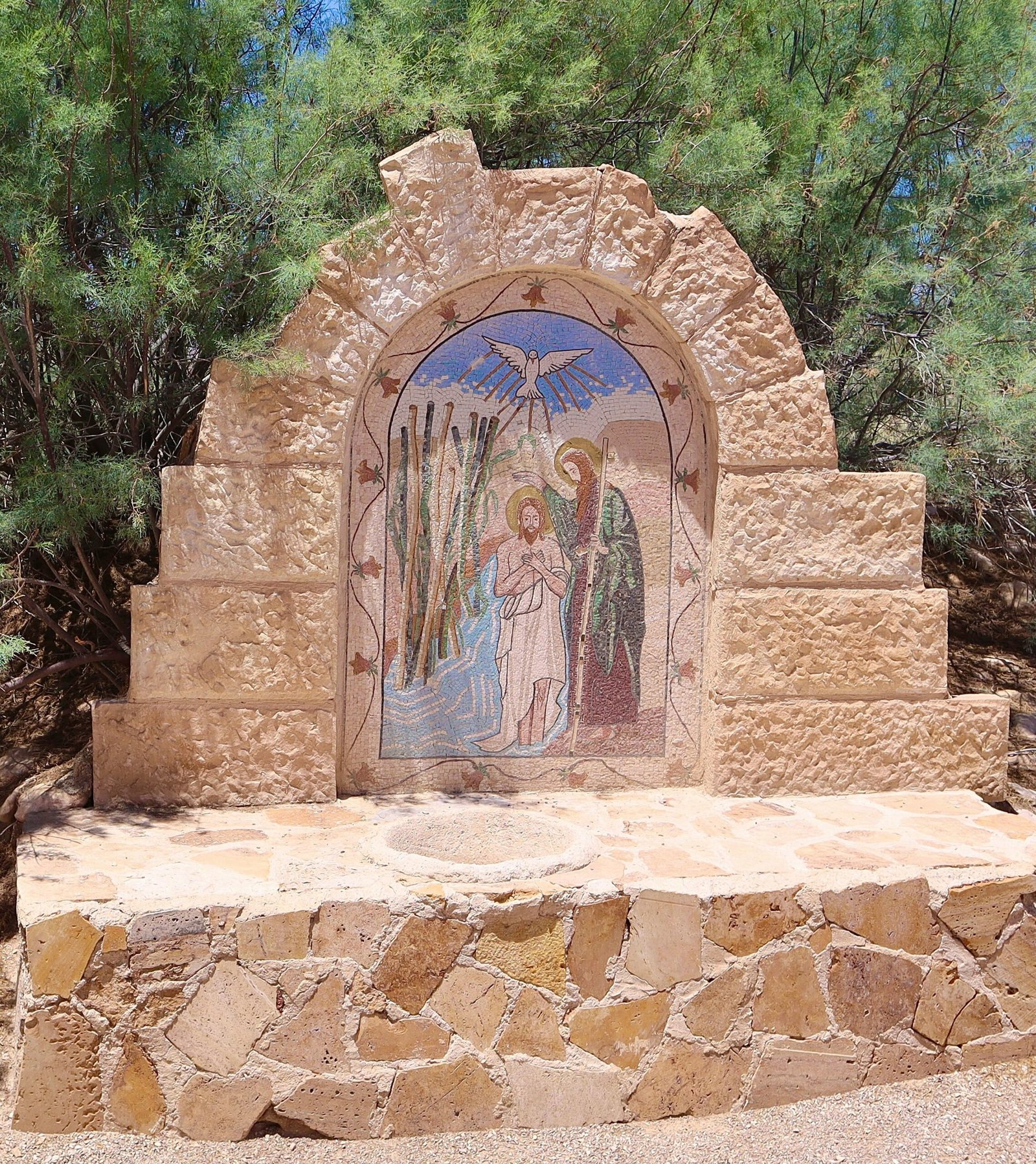
Gospel according to Saint Matthew 16,21-27:
Jesus began to make it clear to his disciples that He must go to Jerusalem; He would suffer many things from the Jewish authorities, the chief priests and the teachers of the Law. He would be killed and be raised on the third day. Then Peter took him aside and began to reproach him, «Never, Lord! No, this must never happen to you». But Jesus turned to him and said, «Get behind me, Satan! You would have me stumble. You are their king not as God does, but as people do».
Then Jesus said to his disciples, «If you want to follow me, deny yourself, take up your cross and follow me. For whoever chooses to save his life will lose it, but the one who loses his life for my sake will find it. What will one gain by winning the whole world if he destroys himself? There is nothing you can give to recover your own self. Know that the Son of Man will come in the Glory of his Father with the holy angels, and he will reward each one according to his deeds».
Cross and Life
Luis CASASUS President of the Idente Missionaries
Rome, September 03, 2023 | XXII Sunday in Ordinary Time
Jer 20: 7-9; Rom 12: 1-2; Mt 16: 21-27
Christ’s words to Peter are harsh: Away from me, Satan! Leaving aside the subtleties of translation, one of the most serious consequences of that warning, for all of us, is that the devil really does take advantage of everything, including our natural goodness, to separate us from God and our neighbor. Every day, as we contemplate the best of our efforts, we are tempted (yes, truly tempted) to think something like this:
– I am doing my best, I sincerely believe so, but I am always far below the expectations of my superiors and God. Even my health has suffered. The sensible thing to do is to abandon this path. That is Jeremiah’s reaction in the First Reading.
– My community is not like it used to be. I do not feel identified with the decisions that are made and my experience is never taken into account. I will go on; for the sake of not scandalizing anyone I will not leave, but almost everyone has lost their initial enthusiasm. I will limit myself to walk with them quietly, discreetly, without causing them problems, until the end of my days.
The truth is that we do not take into account the devil’s activity. Perhaps because we want to feel far from certain representations or primitive ideas about the devil. But, for some reason, many cultures have understood that evil has a personification, a personality, we could say, characterized by deception, lies oriented to separation, to create division.
This separation, in fact, is sought not only through direct attraction to evil (the so-called temptations), but sometimes through attachment to a certain form of human goodness, such as that which Peter manifests in today’s Gospel, where he believes he knows better than his Master what is most convenient.
Of course, in the so-called temptations of Jesus in the desert, the devil uses all the weaponry at his disposal. When he proposes to Christ that he leap into the void from the pinnacle of the Temple (Mt 4: 5-7), he is suggesting a way of demonstrating that he is indeed the promised Messiah, to which Christ responds by simply calling him a “temptation”.
Naturally, we do not have the impression of engaging in a dialogue with a diabolical person, but his personality is manifested, precisely, by an opposition to the divine will, an opposition that he sows and nourishes in our heart.
—ooOoo—
The Negative Contemplation of God, which the Holy Spirit puts in our mind, does not refer to the evils of the world, to perversity and sin, but to the good actions that we perform but which are born only from our natural compassion, from the virtues of our temperament, which is a complex of treasures and filth. Little by little we come to understand that our actions of any kind are only worthwhile if they are directly related to the kingdom of heaven.
Our Father Founder once told us that he tried to do only what he considered to be a “divine instruction”, that is, not to carry out anything unless he saw that it was an explicit wish of God for him. Of course, to live in this way, in a spirit of permanent obedience, requires an ever greater self-denial, a detachment from habits, actions and desires that we consider morally good… but this quality of “good” does not guarantee that they come from God.
We must always remember that our vision is limited. In the story of Abraham, God promises him that he will have a son, and he had to wait 25 years to see that promise come true. When Isaac, the fruit of that promise, was born and became a teenager, he received this divine order: Take your son, your only son, whom you love—Isaac—and go to the region of Moriah. Sacrifice him there as a burnt offering on a mountain I will show you (Gen 22: 2).
As we know, his obedience made possible a dialogue with God, but a dialogue of deeds, not simply of ideas or words. The command received from Yahweh was stronger than Abraham’s idea of love and tenderness toward his son. With the appearance of a ram, Yahweh began to respond to Abraham. He fulfilled his promise in a strange way, he promised him an offspring as numerous as the stars in the sky… and he began by asking him to sacrifice his only son! Certainly, it is not possible to understand God’s plans with our reasons and our limited experience alone.
In the same way, the First Reading ends by saying that Jeremiah could not restrain the word of God, which was in his bones like a burning fire. It is difficult to accept this divine logic that tells us what His will is by opposing it to ours. But was it not Christ himself who responded to the Father by saying that His will be done and not his own?
Thus it is expressed in the Book of Revelation: They triumphed over him by the blood of the Lamb and by the word of their testimony; they did not love their lives so much as to shrink from death (Rev 12:11).
As St. Paul warns us today, we need to renounce the logic of this world in order to discern the divine will.
When Peter wants to oppose the plans of Christ, it is not that he is committing a logical error, but that he is moving, with his human affection, in a direction opposite to that of God. That is why the purification of our spirit makes sense and is necessary, which involves being aware that my soul is in struggle with my spirit, that there is a Segregation, a separation of both in terms of their objectives, their true purposes or intentions. We experience this in our capacity of union, in the so-called Unitive Faculty.
In fact, God is responding to an intimate reality, to our true nature, which, although it fears pain and death, seeks the most complete way to please the one it loves and the one who loves it, finding in it a freedom far superior to that which our instincts and the logic of this world ask of us: Lord, to whom shall we go? Only your words give eternal life (Jn 6: 68).
Everything good and bad in this world has its end. Even the passionate and not at all religious Nobel Prize winner in Physics Richard Feynman (1918-1988), when a friend reminded him that he had little time left to live, due to the pancreatic cancer he was suffering from, is said to have replied: It doesn’t matter, because one has less and less things to surprise one’s friends with.
Akbar (1542-1605) was a Mughal emperor of India, of great culture and sensitivity. On one occasion, he was grieving and saddened by the death of his mother and could not overcome his grief. His friends and ministers tried to console him by reminding him how fortunate he was to have influence, power and good relations. He replied: Yes, I recognize that, but there is something that saddens me. Everyone bows to me, but, when I entered the palace, there was someone to whom I could humbly bow… and I cannot explain the joy this gave me.
—ooOoo—
Within us, the Holy Spirit begs us to embrace true freedom, that which is achieved only through abnegation, through the embrace of the cross and has an eternal character, contrary to the freedom and happiness of the world, which, regardless of its moral qualification, is brief and fleeting. Ancient wisdom recognized this, as expressed in Psalm 39:
You have made my days a mere handbreadth; the span of my years is as nothing before you. Everyone is but a breath, even those who seem secure. Surely everyone goes around like a mere phantom; in vain they rush about, heaping up wealth without knowing whose it will finally be.
The cross that Christ mentions today does not simply refer to patiently enduring difficulties and tribulations, which will never be lacking for Christians or non-believers, but to the way of loving, for on the cross life and fame are given up.
We must insist on this point; it is not a matter of life and fame being destroyed, but offered in sacrifice to make happy the one who contemplates that we give him everything. This is very different and leaves in us the taste of victory over the world, as Christ exclaimed precisely in his last moments on the Cross.
The cross, our cross, is not passive, it is an offering of judgments, desires and demands of our instinct for happiness that we can only carry out by permanently looking to Christ. That is why today he literally invites us to follow him. It is a continuous learning to succeed in offering difficult situations, small setbacks, thoughts, desires and opinions. But in doing so, the strength of the one who holds us becomes visible in our littleness.
—ooOoo—
Since we have already talked about that famous scientist, Richard Feynman, I would like to conclude with an event in which he was involved in investigating what happened.
On January 28, 1986, the space shuttle Challenger exploded shortly after launch, killing all seven crew members. Of course, an investigation was carried out. It was concluded that the tragedy was caused by the failure of rubber seals. But, what many ignore, is that the possibility of such a failure was announced by several intelligent engineers, whose serious warnings and recommendations were ignored. They insisted that something tragic could happen, not only for the mission, but for the crew. But the decision to go ahead with the launch prevailed.
We may wonder if there is any dilemma more important than choosing between life and death. Christ today tells us that, in fact, the relevant question is that life and death are linked in different ways. He reminds us that everything we do now, in our passage through this world, will have eternal relevance, in a way of life that we are projecting day by day.
Fewer and fewer people believe this…and this is probably why the despair and dismay in the world is growing so fast. A compelling reason to be true apostles of hope.
_______________________________
In the Sacred Hearts of Jesus, Mary and Joseph,
Luis CASASUS
President













